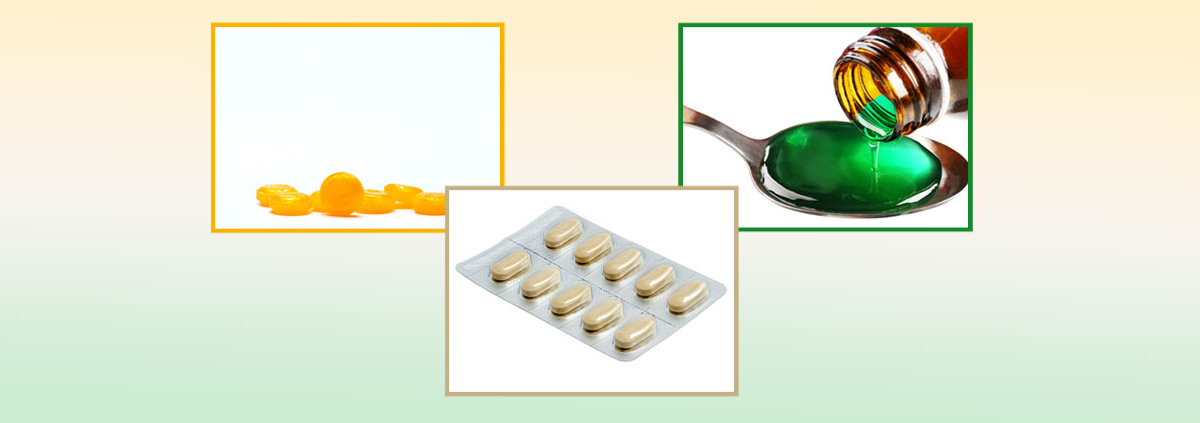Paula’s Adventure: What Happened and What Can We Learn?
Before we explore the cause and what lessons we can learn, Paula and I want to thank you for your support and prayers for us. I know that some of you were very concerned, especially because of the way I presented it one piece at a time. I’m sorry. It just seemed logical to me to keep each piece contained and keep the reading to less than two minutes for the Tuesday and Thursday Memos. Next time, and I really hope there’s no next time, I’ll let you know the outcome and then tell you the story.
What Caused the Sodium to Drop to Dangerous Levels?
The physician in charge thought the cause was a diuretic Paula had been taking for edema (fluid retention) since her 20s. He concluded that she became over-sensitive to it and it began to eliminate too much sodium. That leads to hyponatremia, low sodium levels. That happens to runners when they drink only water while training in hot weather; that’s why sports drinks have electrolytes, and why sports drinks (or Pedialyte for kids) are a good addition to your diet when you’re very ill and vomiting or not eating.
I can’t say for certain—it’s not my area—but I think factors involved with that chronic cough, the OTC drugs we used, and not eating and not drinking enough contributed to the problem. The altering of our taste buds happened to both Paula and me; nothing tasted normal, let alone good. Lower intake of fluids and food also lowered sodium intake. As for the OTC drugs, guaifenesin found in Mucinex helps reduce coughing, but it can also contribute to dizziness and drowsiness. Then we add the benzocaine and menthol in the throat lozenges and the acetaminophen, dextromethorphan, and doxylamine succinate in Nyquil, and who knows what all that adds up to when combined with everyday meds? While the primary cause was the diuretic, the other factors probably helped bring it to crisis level.
What Can We Learn From Paula’s Adventure?
The Rule and Some Additions
You’ve heard me say, “When in doubt, check it out!” Do it immediately if you think it’s related to your heart, or after two weeks if it’s a chronic condition that doesn’t go away. Paula saw the doctor after 10 days, and I happened to have my physical about the same time.
Here’s the addition: do what Paula did. Write out every symptom that you noticed since it began, plus the medications you take, the OTC medications you may have added, and any supplements you take. If you’re experiencing anything, write it down. If Paula hadn’t written about her blurry vision and hearing sounds that weren’t there, they may not have sent her to the ER. She could have had something more serious happen such as a seizure. Write everything down and call the doctor’s office!
Review All Medications and Supplements at Your Annual Physical
Once every year or so, you should review your medications with your physician to see if there are any known interactions. Maybe a symptom is related to too much or too little of something you’re taking. That’s why a yearly physical with a thorough blood test is important for everyone, but especially as we get older. Another factor we discovered from Paula’s many blood tests was that her thyroid medication was working too well, so the doctor reduced her dosage.
It may be that you should consult a pharmacist. They deal with a wider variety of drugs, and they hear first about whether there are known interactions. Remember, there’s no research on interactions between medications or supplements. Physicians and pharmacists report it to the adverse effects hotline and it gets added to the list, but I’m not sure how widely that info is spread.
The Bottom Line
Paula wants to say how grateful she is for the exceptional care she received at Blodgett Hospital; we feel very fortunate to have excellent medical care here in West Michigan. She’s still recovering, and her energy levels are lower than normal.
I hope her adventure helps you understand that our bodies are complicated. Under stress such as that severe cough and cold, our bodies may respond differently than we expect. Take what we’ve learned and apply it to your life. That would make the experience worth it.
What are you prepared to do today?
Dr. Chet
P.S. The next Dr. Chet Nutrition in the 21st Century is going to be in Atlanta on March 22. More details tomorrow.









